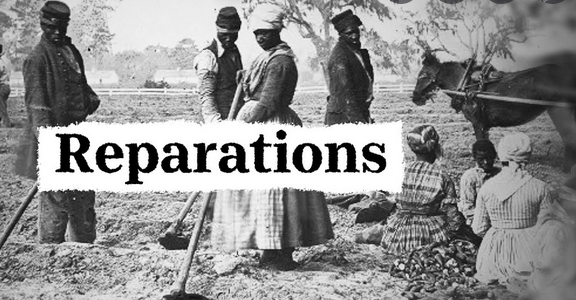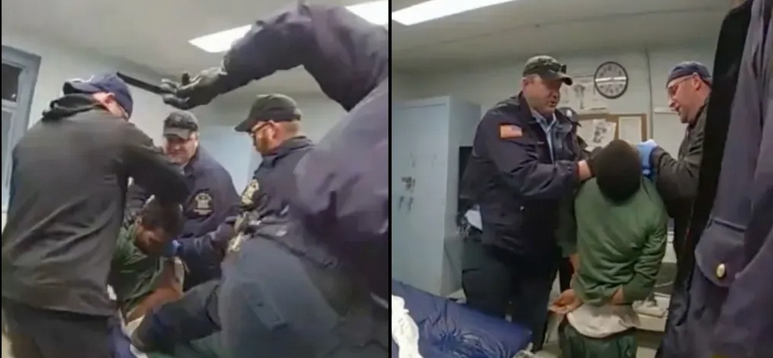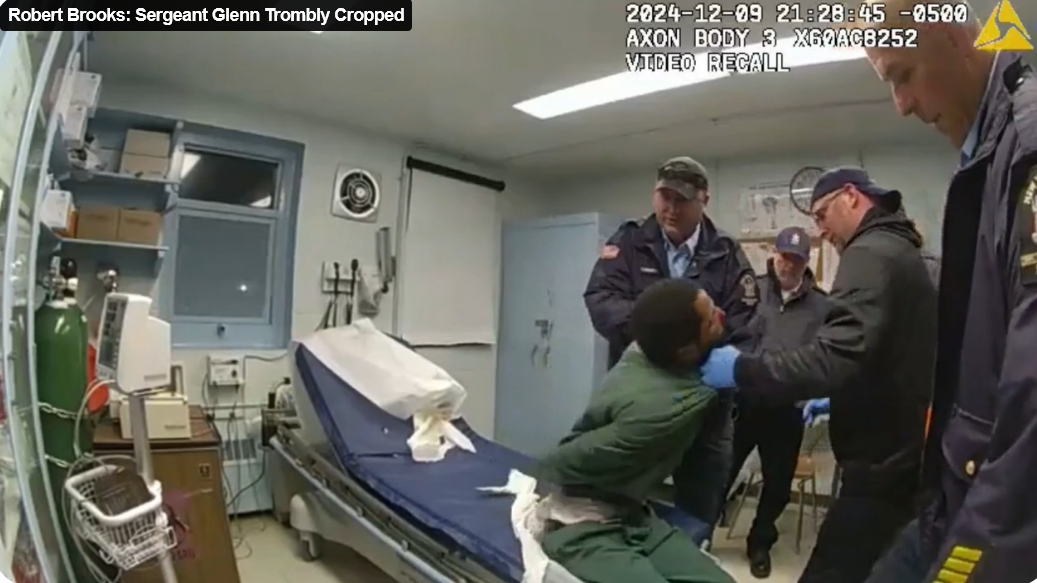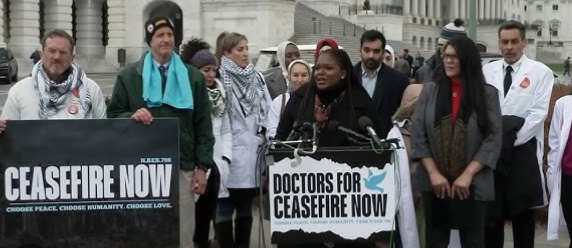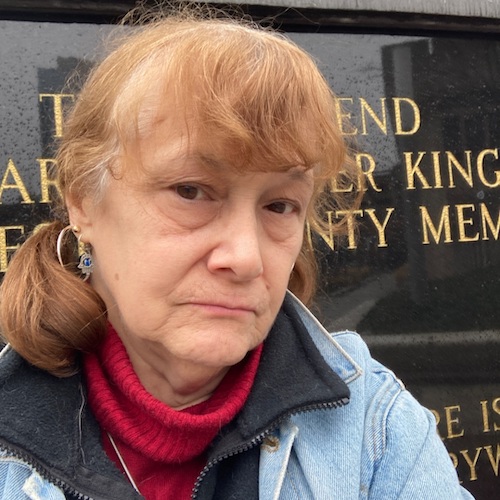Photos: YouTube
August 30, 2022, Geneva – For the first time, the UN Committee on the Elimination of Racial Discrimination (CERD) is calling on the U.S. government to begin the process of providing Reparations to descendants of enslaved people. The recommendation comes in the committee’s report on its review of U.S. compliance with the CERD treaty. The committee also took the unusual step in its countrywide review of citing human rights violations in a specific state: environmental racism in Louisiana’s “Cancer Alley.”
The committee’s report incorporates several of the proposals of the Louisiana delegation that the Center for Constitutional Rights accompanied to Geneva earlier this month. Appearing before the committee, leaders from three grassroots organizations – the Descendants Project, Inclusive Louisiana, and Concerned Citizens of St. John Parish – detailed the longstanding failure of government at all levels to protect their historic Black communities from the many harms of toxic industry, including the profound disregard for the burial grounds of their ancestors.
Vince Warren, executive director of the Center for Constitutional Rights, also appeared before the committee and made the case for a broad Reparations framework to address the harm done by both the monumental injustice of slavery and its legacy, which includes environmental racism, the desecration of Black history, economic inequality, mass incarceration, police violence, racial health disparities, and anti-Black racism in the U.S. immigration regime.
“We traveled over 10,000 miles to get the support of the UN because, unfortunately, our grave concerns about pollution in Cancer Alley are ignored by our local, state, and even federal officials,” said Joy Banner, co-founder of The Descendants Project with her sister Jo Banner. “We’re appreciative to have the amplification of the UN and expect the U.S. to take our demands seriously.”
“We are on the frontline advocating that our elected officials are held accountable to ensure clean air, water, and soil is available for everyone in our community,” Inclusive Louisiana said in a statement. “Today, we are so grateful that CERD has called out Cancer Alley and are demanding actions to be taken on environmental racism, pollution, protection of burial sites and the human rights of minority and Indigenous communities. We also are thankful that the UN has called for more to be done to deliver reparations.”
“Today is a great day for the citizens of Cancer Alley,” said Tish Taylor of Concerned Citizens of St. John. “Thanks to CERD for hearing and responding to our pleas for JUSTICE FOR ALL. Concerned Citizens of St. John looks forward to a day when the children at 5th Ward Elementary School and our entire parish can enjoy clean air, water, and soil.”
“The unprecedented attention given by the UN to the lingering legacies of colonialism and slavery and the CERD committee’s call forrreparations marks a turning point in the U.S. human rights movement,” said Nadia Ben-Youssef, advocacy director of the Center for Constitutional Rights. “The lived experiences of our partners clearly traced the afterlife of slavery, and the committee’s expressed concerns about environmental racism in Cancer Alley is testament to the powerful advocacy of our partners –their testimonies and analysis offered the international community an irresistible vision of a radically different future.”
In addition to addressing the committee, the Louisiana delegation submitted a shadow report, “The Afterlife of Black Enslavement: Environmental Racism and the Desecration of Black History in Louisiana,” which puts toxic industry’s threat to Black communities in historical context and makes a number of recommendations that were echoed by the committee, including reparations for slavery, a moratorium on new pollution-causing plants, and a concerted effort to protect the burial grounds of enslaved people.
**Members of the delegation responded in a livestreamed event.**
Read the Center for Constitutional Rights’ full list of themes submitted to the committee here.
Read the UN CERD report here.
